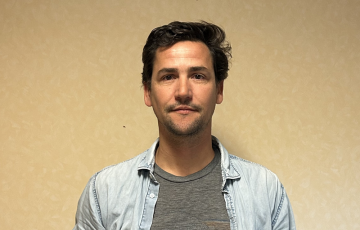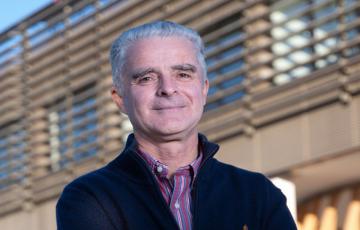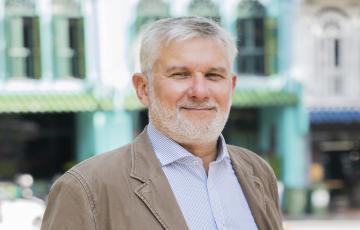In Marseille, Formula 1 also has a place in neurosciences
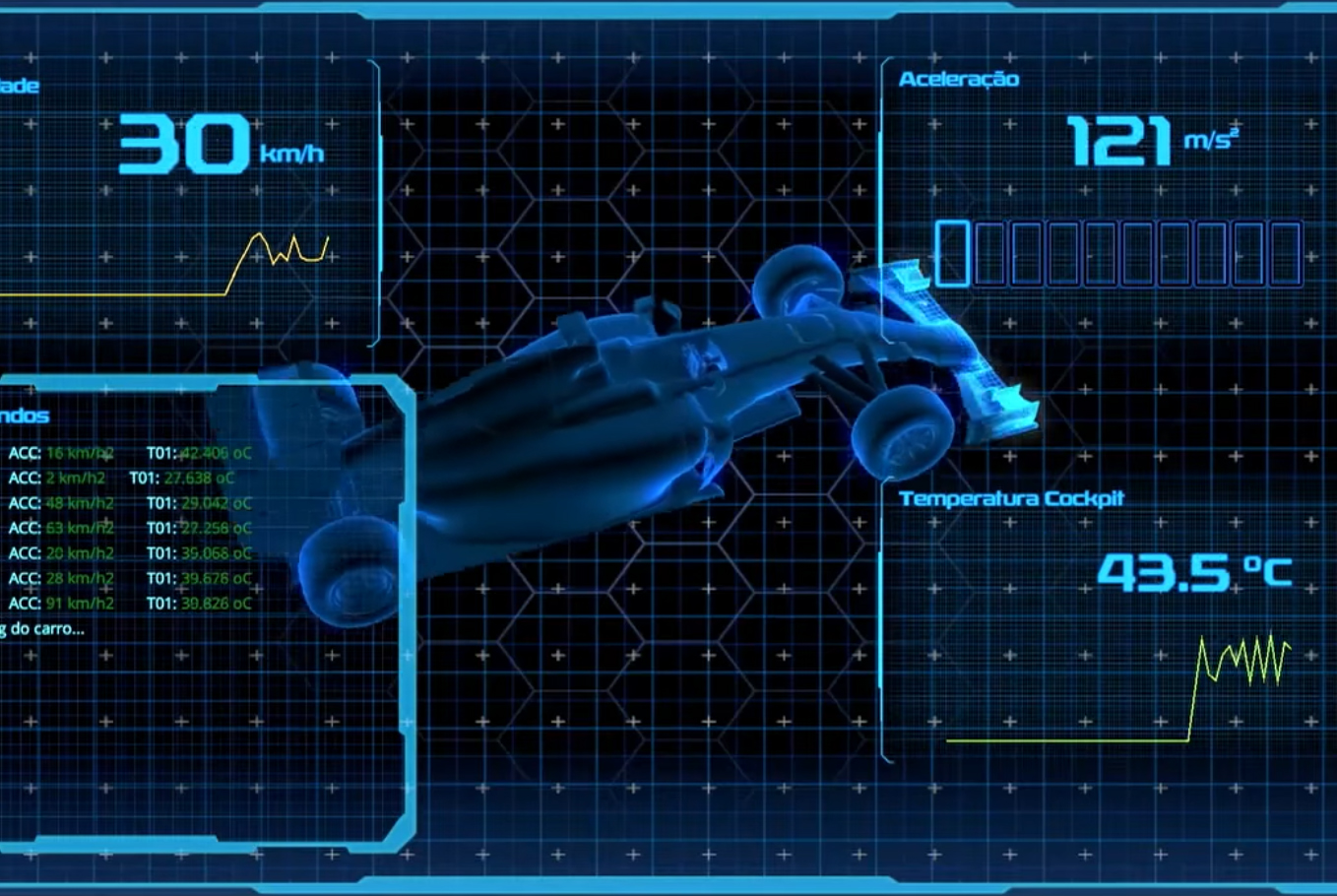
When neurotechnology joins forces with artificial intelligence the applications can be surprising...
_ _ _ _ _ _ _ _ _ _ _ _
When neurotechnology joins forces with artificial intelligence the applications can be surprising. As Provence readies to host the French Formula 1 Grand Prix at the Circuit Paul Ricard at Le Castellet this weekend, drivers are becoming fascinating guinea-pigs for a number of technologies. For the American company EMOTIV, which has a Marseillais as president, they are of particular interest. The work of the world leader in mobile neurotechnology helps improve F1 drivers' performance, but also -and above all- road safety, by recording brain activity on the move thanks to an intelligent, connected head cap. Provence Promotion, which hopes to attract further investment in the sectors of artificial investment, quantum computing, deep learning and machine learning, is closely monitoring the company and its product development.
In an age of artificial intelligence, studying the relationship between the brain and thinking takes on a futuristic dimension.
The Californian company EMOTIV, world leader in mobile neurotechnology, is a perfect example. With its intelligent and connected head cap, it allows users to control object simply by thoughts.
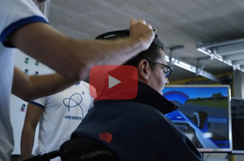 As part of its development in the automobile sector, the firm offered a dream to quadriplegic Rodrigo Hὕbner Mendes. Thanks to an EMOTIV head cap and its algorithms, Mendes was able to drive a race car simply by thoughts, 27 years after first sitting behind a wheel. It was an unforgettable experience that will surely herald others: maybe even a head-to-head with F1 champions Nico Rosberg and Lewis Hamilton.
As part of its development in the automobile sector, the firm offered a dream to quadriplegic Rodrigo Hὕbner Mendes. Thanks to an EMOTIV head cap and its algorithms, Mendes was able to drive a race car simply by thoughts, 27 years after first sitting behind a wheel. It was an unforgettable experience that will surely herald others: maybe even a head-to-head with F1 champions Nico Rosberg and Lewis Hamilton.
If EMOTIV is helping improve automobile safety, its mobile neurotechnology is also proving very useful in a number of other domains such as well-being and concentration in the workplace. Again, thanks to its head cap, the mobile recording of brain activity and its in-house algorithms, attention and stress can be measured in real time. It's a particularly interesting application that has already helped save lives.
Marseille at the Gateway to the Future
Presented to the region at the Formula 1 Grand Prix at Le Castellet, EMOTIV has recently signed several strategic partnerships with research laboratories and companies in the Aix-Marseille-Provence Metropolitan Area. Collaboration has also started with the Ecole des Mines de Saint-Etienne in Gardanne on the brain-machine interfaces.
"The region's dynamic approach to innovation, big data and artificial intelligence, combined with its excellence in neuroscience research, is an asset for -and of keen interest to- EMOTIV," explains Olivier Oullier, President of EMOTIV and member of the new Aix-Marseille French Tech board, who is well acquainted with the region's academic and industrial ecosystem, having worked here for many years.
For the record, Marseille is recognized throughout the world for its neurotechnology skills, having the second-largest community of neuroscientists and neurologists in France. Its international visibility is continually increasing and the project to set up the NeuroSchool university research school, with a financing of €10M, should boost it even further.


 +33 4 96 11 60 00
+33 4 96 11 60 00





